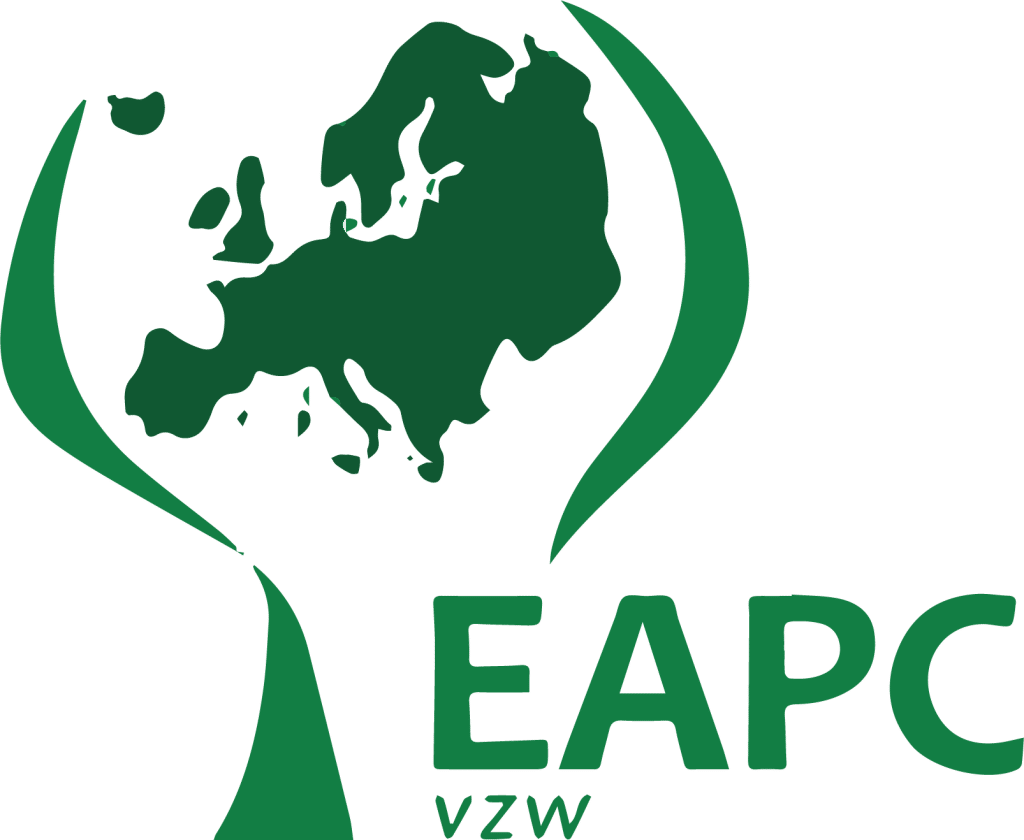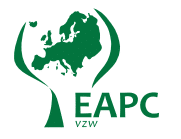MAPPING OF MEDICAL TRAINING AND PHYSICIAN CERTIFICATION IN PALLIATIVE MEDICINE IN EUROPE (2013))
A joint project of the EAPC Task Force on the development of palliative care in Europe and the EAPC Task Force on medical education and training.
Download here the final paper: Palliative Care Medical Education in European Universities- A Descriptive Study and Numerical Scoring System Proposal for Assessing Educational Development
Background
The first step in the professional learning of palliative medicine must be within the undergraduate level of the university (Figure1). Yet despite the efforts of many professionals in this area, until relatively recently only countries such as the UK provided extensive teaching in palliative care in University curricula. However, other countries are now beginning to recognize the importance of palliative medicine and have created new chairs for professors at their Universities. Gradually, a new movement is developing in Europe that calls for time within University curricula to be dedicated to palliative medicine. In 2007, the EAPC published the Curriculum in Palliative Care for Undergraduate Medical Education: Recommendations of the European Association of Palliative Care (EAPC), Report of the EAPC Taskforce on Medical Education. The focus of these recommendations was to provide a common curriculum that could be made available across European medical schools.
Figure 1: A “circle of life” in palliative medicine
There is a growing view that palliative medicine should be officially recognized as a specialty. The goals of certification in a medical discipline are to guarantee its quality when treating patients, to establish the minimum competences to be achieved by the doctor who is developing his or her skills in that field, and to take into account ongoing developments in new knowledge and evidence (Benson, 1991, Norcini, 1999). Within this context, palliative care should be recognized as a specialty by both patients and healthcare professionals. There are different ways of certifying medical professionals. One way is to design a specific training programme for the professional area to be certified, with the title of specialist awarded on successful completion. Another is to certify specialists of a related discipline who complete a second training period in palliative medicine. In the latter case, the certification may be variously described as a super-specialty, a sub-specialty, or as a specific area of competency.
The practice of palliative medicine is officially certified in a number of countries, albeit in a variety of ways; for example, in countries such as Australia, New Zealand, Hong Kong, and Taiwan (Hoy AM, 2004). In the United States in September 2006, after considerable campaigning for accreditation to certify the work of doctors in this field, the American Board of Medical Specialties (ABMS) recognized the sub-specialty of Hospice and Palliative Medicine. In Europe, palliative medicine is officially certified in at least seven countries as demonstrated in a survey that was completed in 2006 and published in 2007 (Centeno, et al., 2007) (Annex II). Full-specialty status exists in the UK (1987) and Ireland (1995). In other countries, palliative medicine is regarded as a sub-specialty, which consists of a second specialization following certification in a full specialty; this was achieved in Poland (1999), Romania (2000), Slovakia (2005) and Germany (2006). During the final stages of preparing this paper, we learned that certification for palliative care physicians was approved in France in early 2007 (French Ministry of National Education, 2007). In 2006, in ten other European countries, there was evidence of preliminary discussion and potential action in relation to certification in palliative medicine.
No data about education in palliative medicine at the undergraduate level currently exists; therefore it may be pertinent to refer to the survey on physician certification undertaken by Centeno, et al., (2007). In order to investigate the issue in a systematic way, and promote the development of palliative care as a specialty across the European region, it is necessary to undertake a comparative analysis (Clark and Centeno, 2006) of the development in palliative care between countries. The goal of the present study will be to provide information about the presence or absence of under-graduate training in palliative medicine in European Universities, and current trends relating to the certification of doctors working in palliative medicine in Europe.
Objective
The goal of the present study will be to provide information about the presence or absence of under-graduate training in palliative medicine in European Universities, and current trends relating to the certification of doctors working in palliative medicine in Europe.
Method
In 2002, the European Association for Palliative Care established a Task Force to analyse the development of Palliative Care in Europe; the methods of the Task Force have been documented in detail elsewhere (Centeno, et al., 2006; Clark and Centeno, 2006). An Atlas of Palliative Care in Europe (Centeno, et al., 2007) and several articles in specialized peer-reviewed journals have been published (Centeno, et al., 2006, 2007; Lynch, et al., 2009; Martín-Moreno, et al., 2009) (Annex II)
In 2011, a quantitative survey (EAPC Facts Questionnaire) and a qualitative survey (EAPC Eurobarometer) will be undertaken by the EAPC Task Force on the Development of Palliative Care in Europe in order to provide expert opinion and legitimate assessment of the state of palliative care in each of the 53 European countries. These questionnaires will be sent to an expert on palliative care in each country; this will be a ‘key person’ identified either by the EAPC Task Force, the Head Office of the EAPC, the National Association of Palliative Care in that country, or by other organizations collaborating in the study; for example, the International Association of Hospice and Palliative Care (IAHPC) in the US, or Hospice Information in the UK.
The questionnaire will include questions developed by relevant experts at a meeting of the EAPC Task Force on Physician Education (See Annex I).
The first set of questions will address the certification of physicians working in palliative care in the country: ‘Is there specialist accreditation for palliative care professionals in your country at the present time?’ Semi-structured items with open-ended answers will be included to explore categories established in the previous study (Centeno, et al., 2007) and classify the range of certification in the different countries: (1) officially recognized certification; (2) official certification in process; (3) other non-official recognitions. The categories were deduced through qualitative analysis of the responses from the previous study and in a consensus agreement between the authors; the type of certification was determined in the same manner: (1) specialty, (2) sub-specialty (3) other categories.
Full-text information about the certification of palliative care doctors will be extracted for analysis.
Another two sets of questions specifically developed for the survey will explore the issues of undergraduate training and the level of palliative medicine professors in European universities.
Results will be analysed and discussed in a dedicated meeting comprising of experts from both EAPC Task Forces. A designated committee will be in charge of producing outcomes and dissemination of information (for example, congress abstracts and papers in scientific journals). The committee will explore ways of presenting the data as charts or maps, as well as posting the results of the survey on the EAPC web.
Team
CHAIRS
CARLOS CENTENO
CLÍNICA UNIVERSITARIA DE NAVARRA
PAMPLONA, SPAIN
to contact by email please click here
Frank Elsner
Klinik für Palliativmedizin
RWTH Aachen University
Germany
to contact by email please click here
Members
Gianluigi Cetto – Italy
Franco De Conno – Italy
Marilene Filbet – France
John Ellershaw – UK
Stephen Mason – UK
Steffen Eychummuller – Switzerland
Philip Larkin – Ireland

